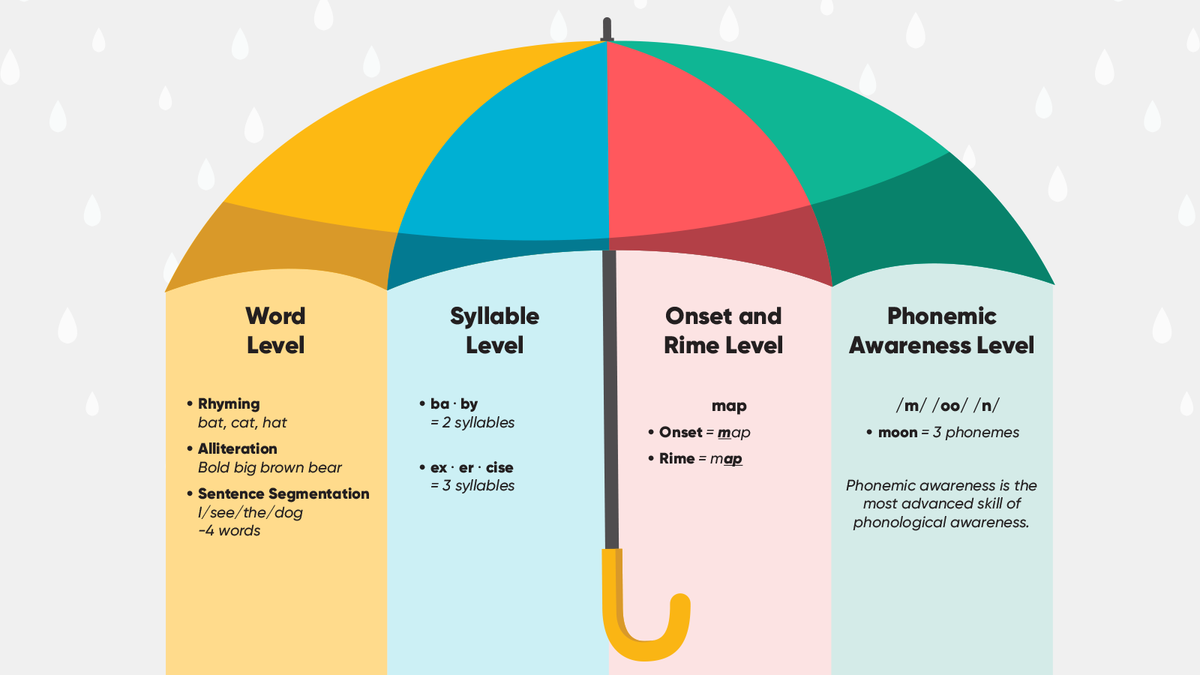Dear Parents and Guardians,
This fortnight I would like to highlight the importance of phonological awareness and how it builds the foundation of literary understanding. This foundational skill is crucial to your child's ability to read and write effectively. Understanding and nurturing phonological awareness can set the stage for lifelong academic success.
What is Phonological Awareness?
Phonological awareness is the ability to recognise and manipulate the sound structures in spoken language. This includes skills such as identifying rhymes, counting syllables, and recognising the individual sounds (phonemes) in words. It is a broad skill that encompasses:
- Rhyme and Alliteration Awareness: Recognizing words that rhyme or start with the same sound.
- Syllable Awareness: Clapping out the number of syllables in a word.
- Onset and Rime: Identifying the initial sound (onset) and the ending part (rime) of simple words.
- Phonemic Awareness: The ability to hear, identify, and manipulate individual sounds in words.
Why is Phonological Awareness Important?
- Foundation for Reading Skills: Phonological awareness is directly linked to reading proficiency. Children who can recognise and play with sounds are better prepared to understand the relationship between letters and sounds, which is essential for decoding words.
- Early Detection of Reading Difficulties: Developing phonological awareness helps teachers and parents identify children who may be at risk for reading difficulties, such as dyslexia. Early intervention can provide these students with the support they need to succeed.
- Improves Spelling and Writing: Understanding the sound structures in language aids in spelling. Children use their knowledge of sounds to spell words phonetically, which eventually leads to correct spelling patterns.
- Enhanced Vocabulary and Comprehension: A strong grasp of phonological awareness enables children to break down unfamiliar words into manageable parts, enhancing their vocabulary and reading comprehension skills.
How Can Parents Support Phonological Awareness at Home?
You play a vital role in your child's literacy development. Here are some fun and effective activities to reinforce phonological awareness at home:
- Read Aloud Together: Reading books that play with language sounds, such as nursery rhymes and Dr. Seuss books, can make phonological awareness practice enjoyable.
- Play Sound Games: Engage in games like “I Spy” with sounds (“I spy something that starts with /b/”) or create silly sentences with lots of alliteration (“Silly Sammy swiftly sips smoothies”).
- Sing Songs and Rhymes: Songs and rhymes naturally emphasize different sounds and patterns in language. Singing together can be both educational and entertaining.
- Clap Out Syllables: Clap your hands for each syllable in words. For example, “ba-na-na” would be three claps.
- Rhyme Time: Make up silly rhymes together. Ask your child to think of words that rhyme with “cat,” such as “bat,” “hat,” and “rat.”
I hope these strategies allow you to integrate unique and fun home learning for your children. Together we can build the foundation of the students knowledge through unique learning experiences both at home and at school
Warm regards,
Nick Criniti
Coordinator


